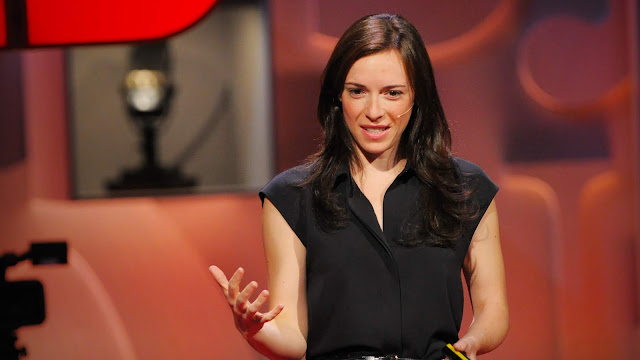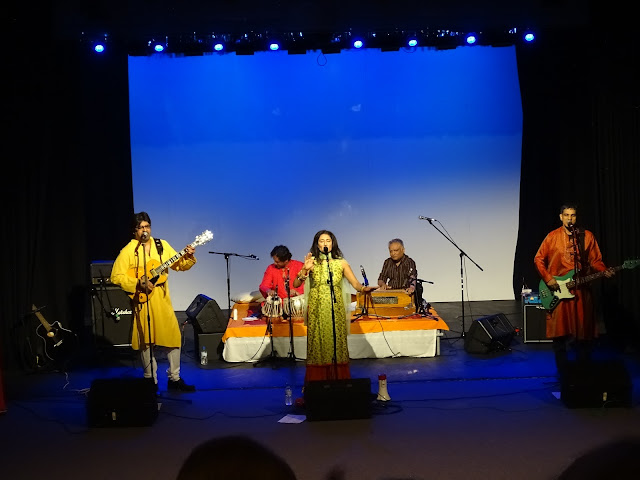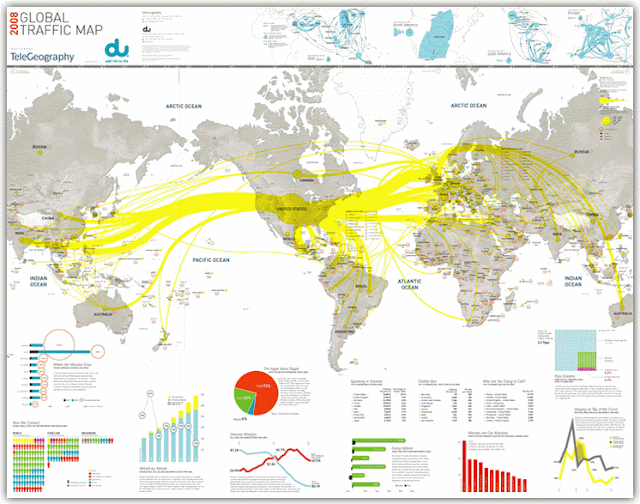Joe Wong
This past Wednesday, the Asian Affinity Alliance brought to Poly Joe Wong, an internationally acclaimed stand-up comedian and talk-show host. He delivered a half-hour set in his signature deadpan in the Upper School’s Garland auditorium before fielding questions from the audience. Wong, a Poly parent, rose to national fame after a series of television appearances, including The Late Show with David Letterman in 2009 and then again in 2010. He now hosts the Chinese television show Is it True? and spends much of his time in Beijing.
Wong appealed to a wide audience with the jokes he selected. The crowd of Poly families, students, and community members received him enthusiastically. He shared many humorous anecdotes about his experience as an immigrant, a Chinese-American, and a chemistry PhD trying to get break onto the stand-up scene. His story of immigration was particularly impactful given the treatment of immigration by the current presidential administration, which he addressed directly a few times during the event. However, during the Q&A, he skirted around many questions about his views on Chinese-American relations, Chinese politics, and other related matters. His decision to do so was understandable, assuming that, as he put it, he desired to keep his job in Beijing. His position is certainly a unique one, with both a family in America and career loyalties to the country in which he was born, a country now at political and economic odds with America. His willingness to confront the grave wrongdoings of Trump’s time in office and not the various recent examples of limiting civil liberties in China, I believe, is a reflection more of the potential consequences of his speech than of his actual political views; his decision to engage with one country’s condition and not the other is personal and, I would imagine, immensely difficult.
Wong appealed to a wide audience with the jokes he selected. The crowd of Poly families, students, and community members received him enthusiastically. He shared many humorous anecdotes about his experience as an immigrant, a Chinese-American, and a chemistry PhD trying to get break onto the stand-up scene. His story of immigration was particularly impactful given the treatment of immigration by the current presidential administration, which he addressed directly a few times during the event. However, during the Q&A, he skirted around many questions about his views on Chinese-American relations, Chinese politics, and other related matters. His decision to do so was understandable, assuming that, as he put it, he desired to keep his job in Beijing. His position is certainly a unique one, with both a family in America and career loyalties to the country in which he was born, a country now at political and economic odds with America. His willingness to confront the grave wrongdoings of Trump’s time in office and not the various recent examples of limiting civil liberties in China, I believe, is a reflection more of the potential consequences of his speech than of his actual political views; his decision to engage with one country’s condition and not the other is personal and, I would imagine, immensely difficult.




Comments
Post a Comment